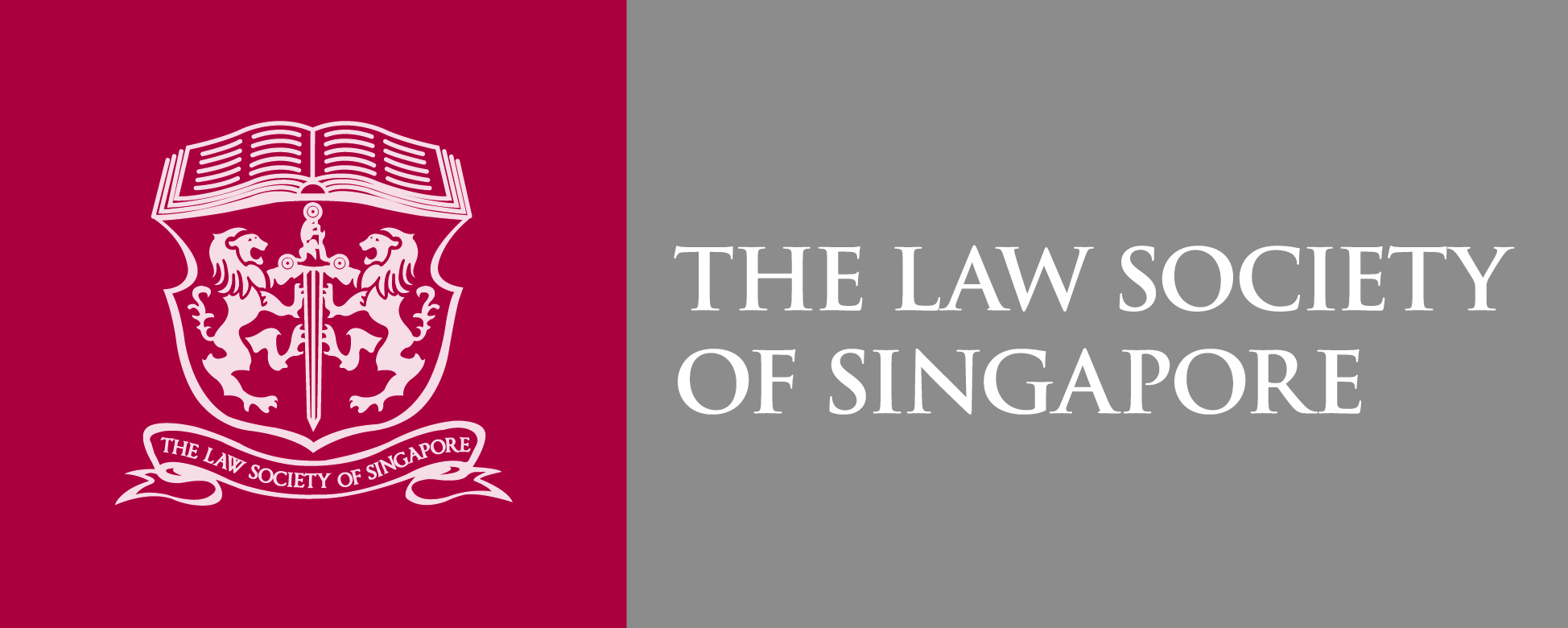Resolve Community and Neighbour Disputes with Neutral Evaluation
Are you dealing with community or neighbour disputes that appear difficult to resolve? Are you searching for an effective and impartial approach to restore harmony within your community? Look no further! We offer neutral evaluation, a powerful tool for conflict resolution.
WHAT NEUTRAL EVALUATION IS
Neutral evaluation is an alternative dispute resolution process where parties present their case to a neutral third party. The evaluator carefully assesses the dispute, listens to all parties’ concerns, and provides an unbiased evaluation of the case’s strengths and weaknesses. Although non-binding, this evaluation helps narrow the issues, identify potential settlements, and assess trial success likelihood.
HOW NEUTRAL EVALUATION CAN HELP TO RESOLVE COMMUNITY DISPUTES
Neutral evaluation is a valuable tool for resolving community and neighbour disputes. It helps parties understand their case’s strengths and weaknesses, identify potential settlements, and assess trial success likelihood. Compared to litigation, it offers a collaborative, non-adversarial approach that preserves relationships, crucial in community disputes.
With its confidentiality, cost-effectiveness, and efficiency, neutral evaluation serves as an alternative to traditional litigation. It effectively resolves various community disputes, including property conflicts, noise disturbances, and interpersonal issues. By employing neutral evaluation, parties maintain control over the process and outcome, fostering understanding and harmony within the community.
BENEFITS OF NEUTRAL EVALUATION FOR COMMUNITY DISPUTES
- It can help parties to understand the strengths and weaknesses of their case.
- It can help parties to identify potential areas of settlement.
- It can help parties to assess the likelihood of success at trial.
- It can help to reduce the cost and time of litigation.
- It can be a less adversarial process than litigation.
- It can help to preserve relationships between the parties.
FREQUENTLY ASKED QUESTIONS
Confidentiality is a crucial aspect of neutral evaluation. The discussions and information shared during the evaluation process are kept confidential and cannot be used as evidence in future proceedings, including litigation.
While both neutral evaluation and mediation are forms of alternative dispute resolution, they differ in their primary objectives. Mediation aims to facilitate communication and negotiation between the parties, with a focus on reaching a mutually agreed-upon settlement. On the other hand, neutral evaluation primarily involves an assessment of the case by a neutral third party, who provides an evaluation of its strengths and weaknesses. The evaluator’s role is to help the parties gain a clearer understanding of their positions and potential outcomes, rather than actively mediating negotiations.
WHY REFER COMMUNITY DISPUTES TO US?
The Law Society of Singapore is committed to providing excellent alternative dispute resolution services. Our panel consists of qualified lawyers with extensive expertise in conflict resolution. Their wealth of knowledge and experience ensures an unbiased assessment of disputes. We take pride in our commitment to impartiality, confidentiality, and professionalism.
To apply for neutral proceeding, fill out the Application for Neutral Proceeding form.
Contact us today to discover how we can assist you in resolving community disputes.
